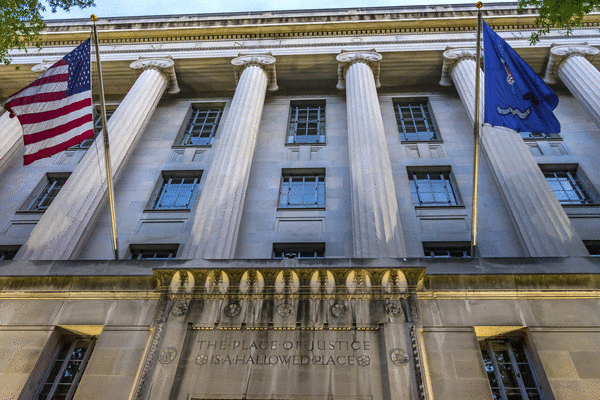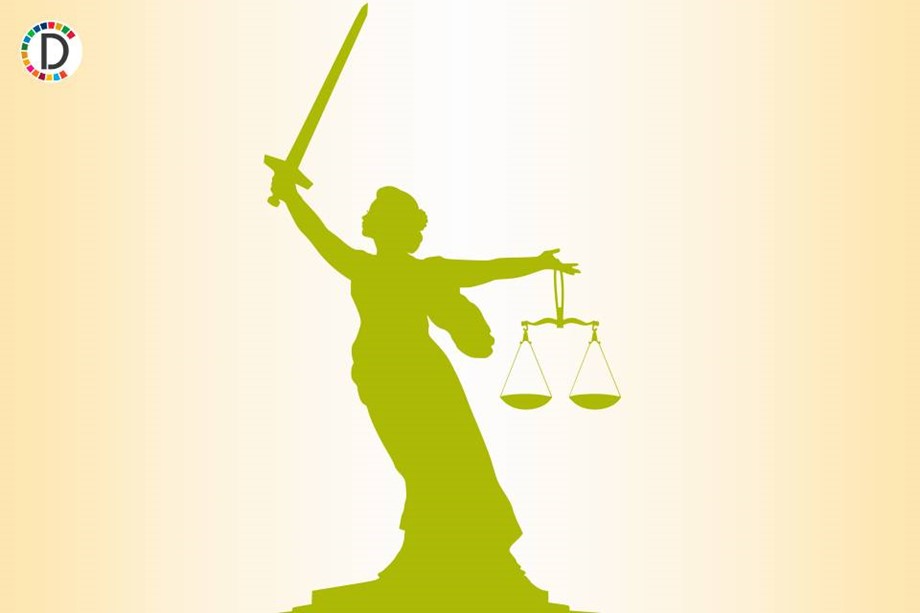Unveiling DOJ's Controversial Data Probes
A profound investigation reveals the Justice Department's contentious actions in obtaining data from legislators and journalists, sparking a debate on oversight and privacy.
Published December 11, 2024 - 00:12am

Image recovered from arcamax.com
The U.S. Justice Department has come under scrutiny following revelations that it secretly acquired phone records of two members of Congress and 43 staff members during leak investigations in the early years of the Trump administration. These actions were part of broader efforts to identify the sources of classified information leaks. Amongst those targeted was Kash Patel, a former House Intelligence Committee staffer and President Trump's pick for FBI Director.
The Inspector General's report, released Tuesday, underscores significant concerns regarding the Department's practices, particularly emphasizing the potentially chilling effect on Congress's oversight capabilities of the executive branch. As Michael Horowitz, the Inspector General, revealed, the lack of clear policies at the time led to the Department accessing non-content communication records without proper oversight or judicial notification.
This probe involved issuing subpoenas to tech companies, including Apple, to gather cellphone metadata and other telecommunications records, highlighting a contentious intersection between governmental authority and privacy rights. These actions raised alarms about the DOJ's adherence to constitutional separations of power, with concerns voiced that such intrusions might discourage legislative scrutiny due to fears of executive retribution.
Democratic Representatives Adam Schiff and Eric Swalwell have confirmed that their records were among those obtained, a revelation spotlighting the ongoing partisan tensions surrounding the investigation. The review did not find evidence of political motivations behind these actions; however, the lack of transparency and potential political implications stirred distrust amongst lawmakers.
Further complications arise from the DOJ's methods in pursuing journalist records. Previous administrations have faced criticism for covertly accessing media communications, and the Trump administration continued this pattern. Notably, the report exposes attempts to extract emails from journalists at major media outlets, including CNN and The New York Times, without adequate internal oversight or adherence to departmental guidelines. The Biden administration has since moved to fortify protections for media confidentiality, following public revelations about these practices.
The Justice Department's revised policies now specifically require urgent reporting to senior officials when elected officials or journalists are involved in such investigative actions. This policy shift aims to promote transparency and maintain a delicate balance between national security and civil liberties, though critics remain wary of potential overreach.
The ongoing debates over these revelations reflect wider concerns about the use of executive power and surveillance tactics in American political systems. Congressional and public figures have expressed the necessity of safeguarding democratic principles by ensuring rigorous checks on governmental authority. As discussions evolve, the potential legislative responses, including the introduction of the PRESS Act, aim to reinforce protections for journalistic sources, signaling a possible shift towards greater accountability and oversight.
This complex narrative of surveillance, political oversight, and constitutional rights continues to evolve, posing significant questions about the intersection of privacy, governance, and media freedoms in contemporary America. Amidst this backdrop, political and legal tensions remain at the forefront of national discourse as the implications of these investigations unfold.







